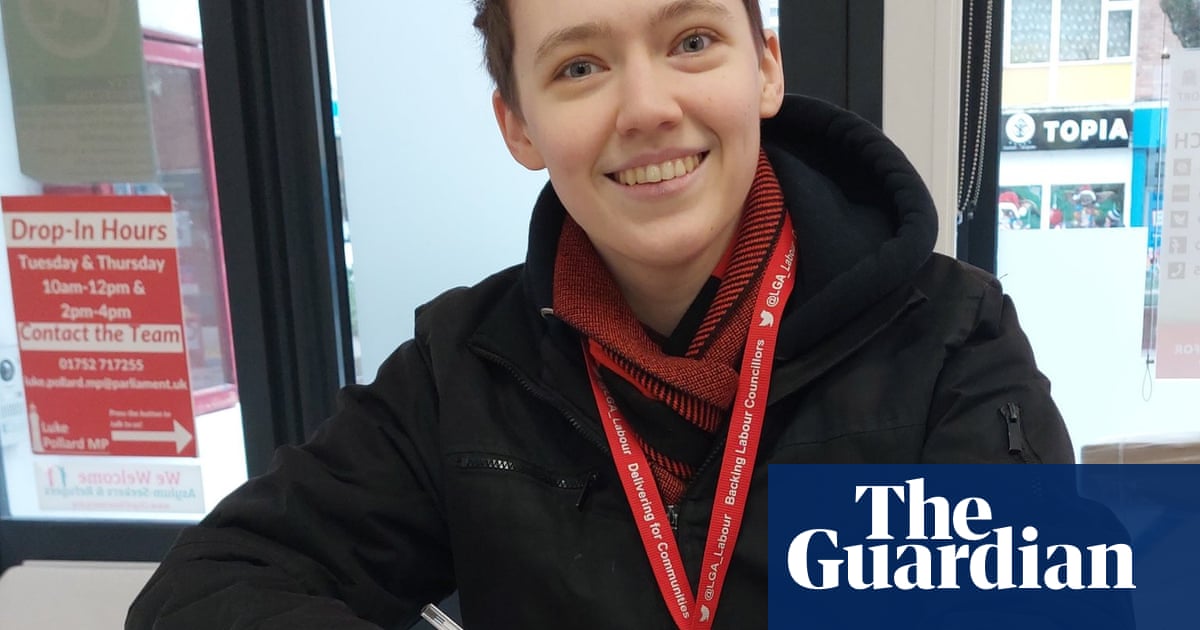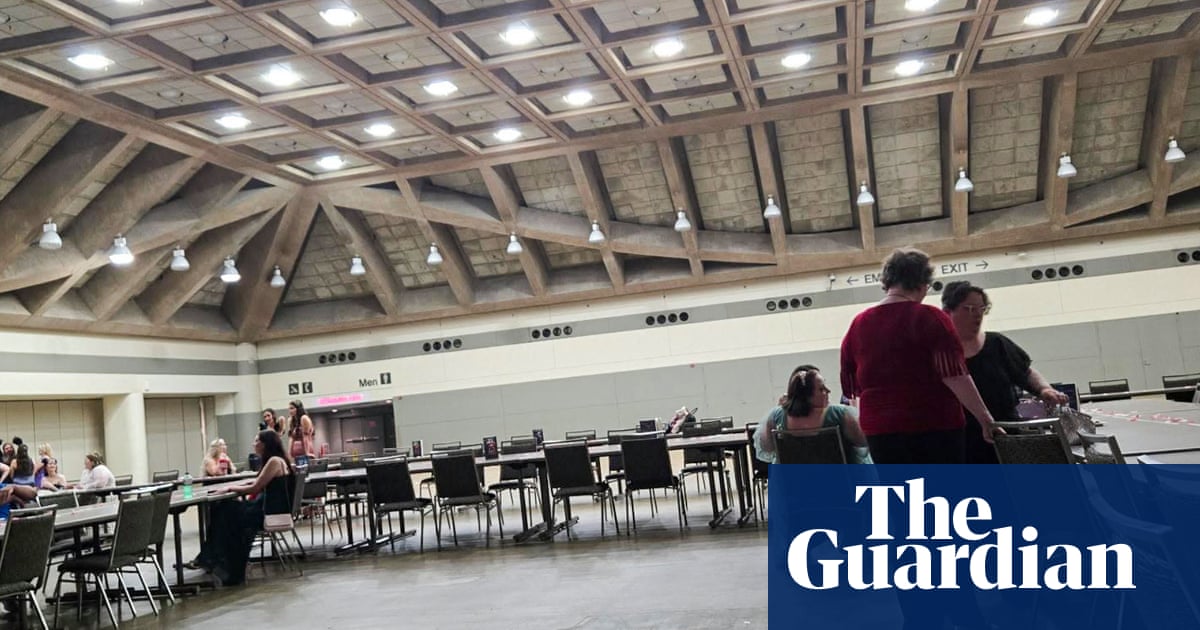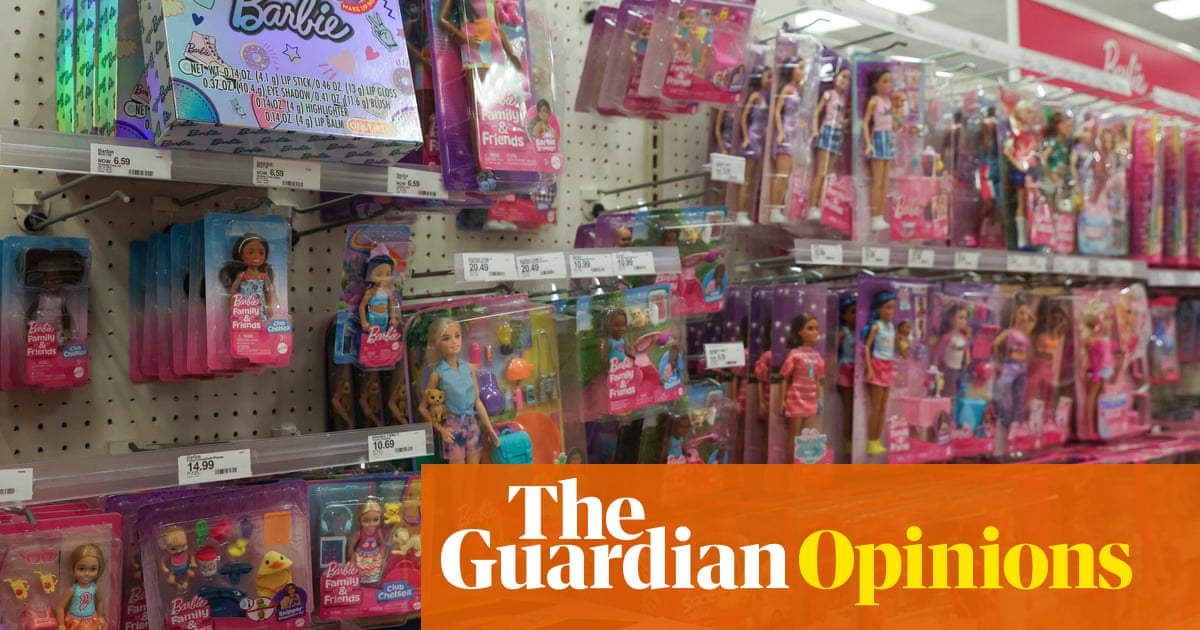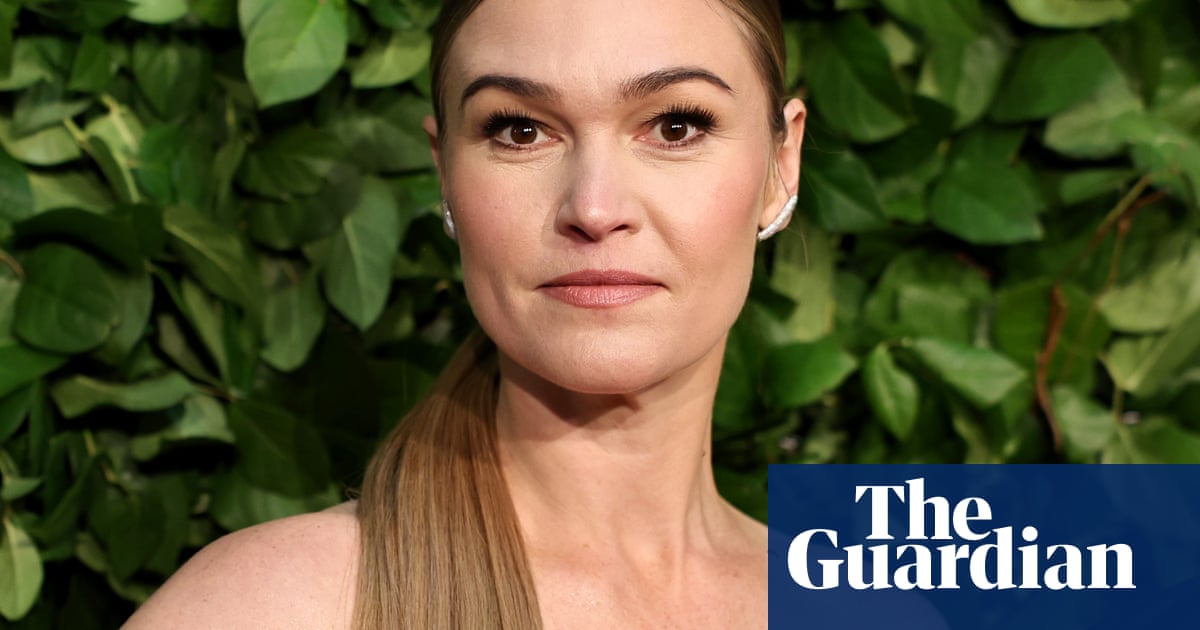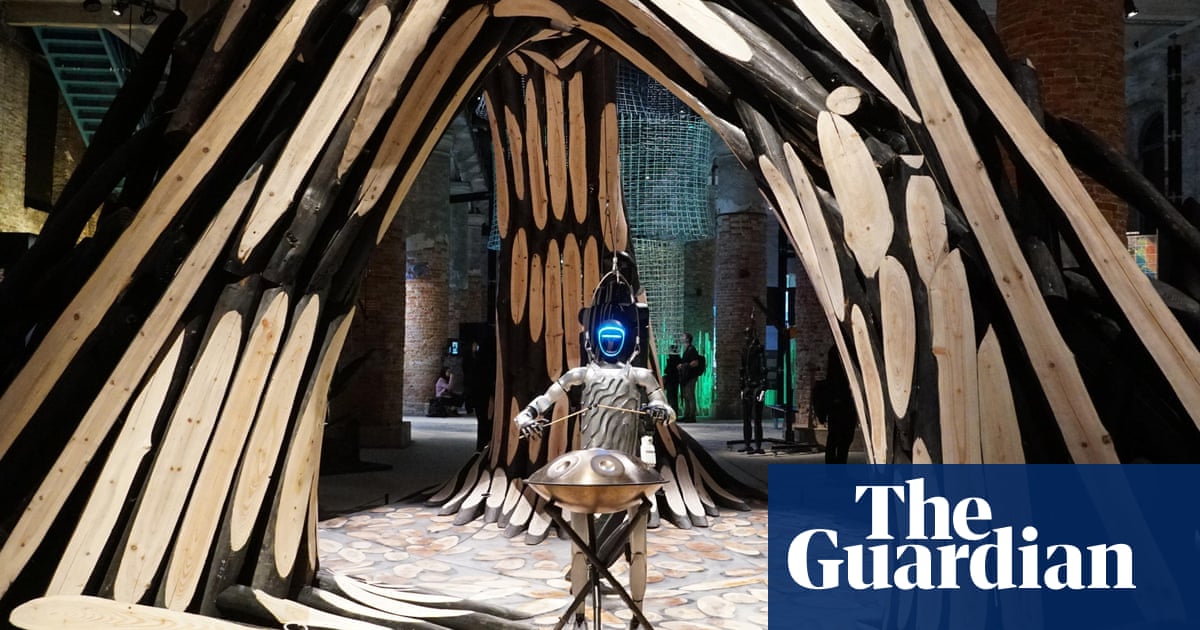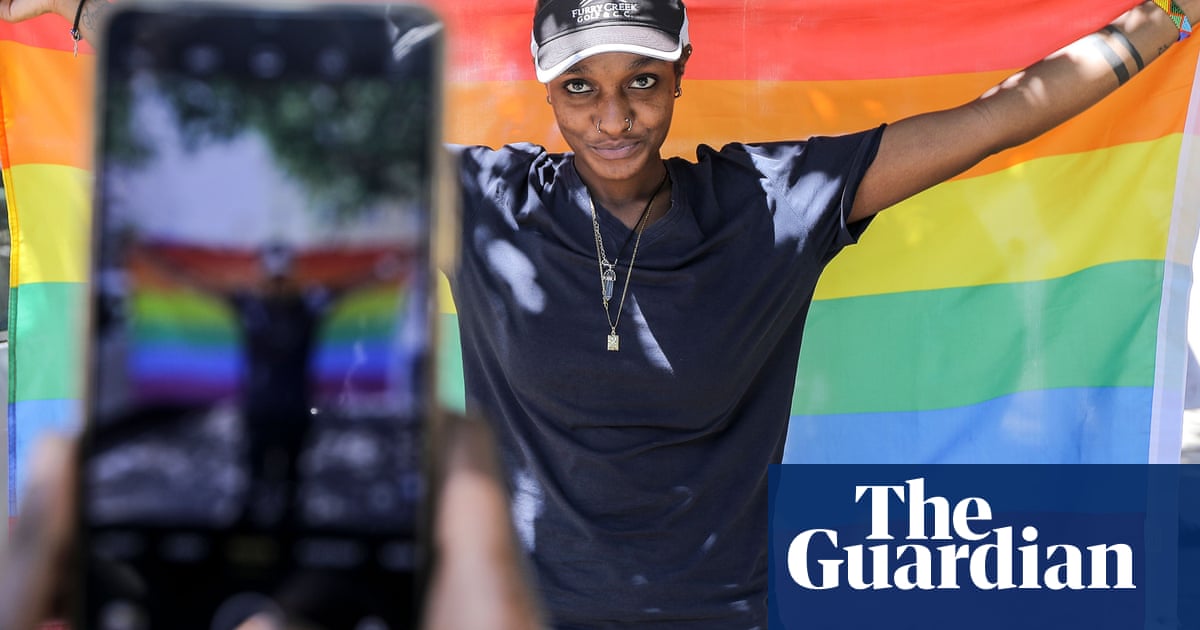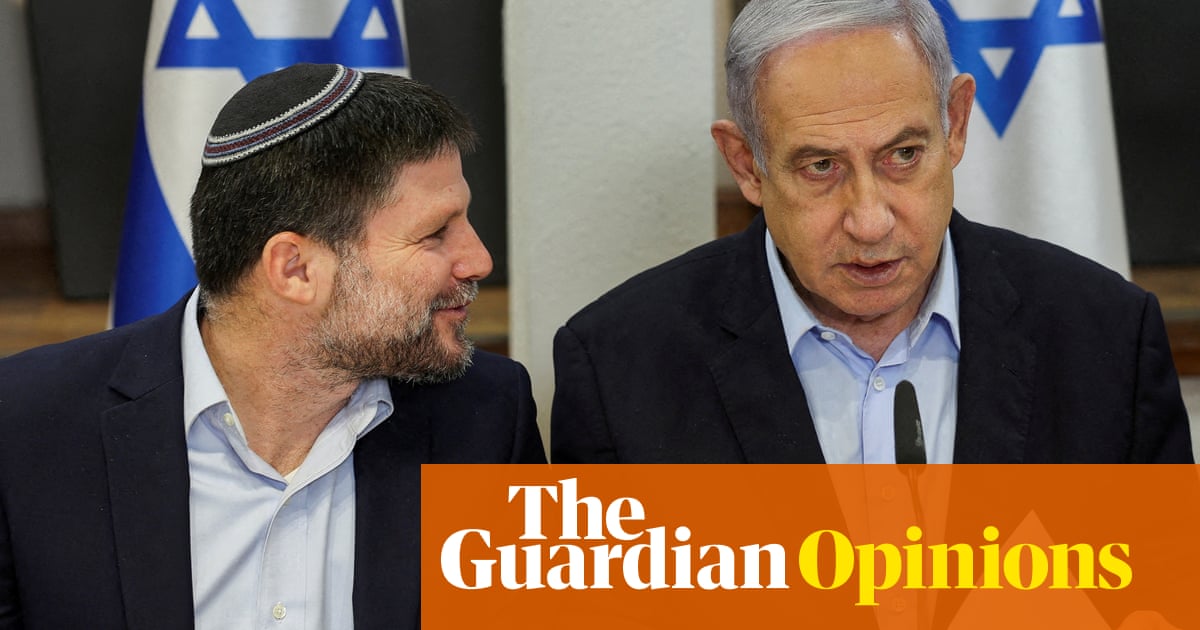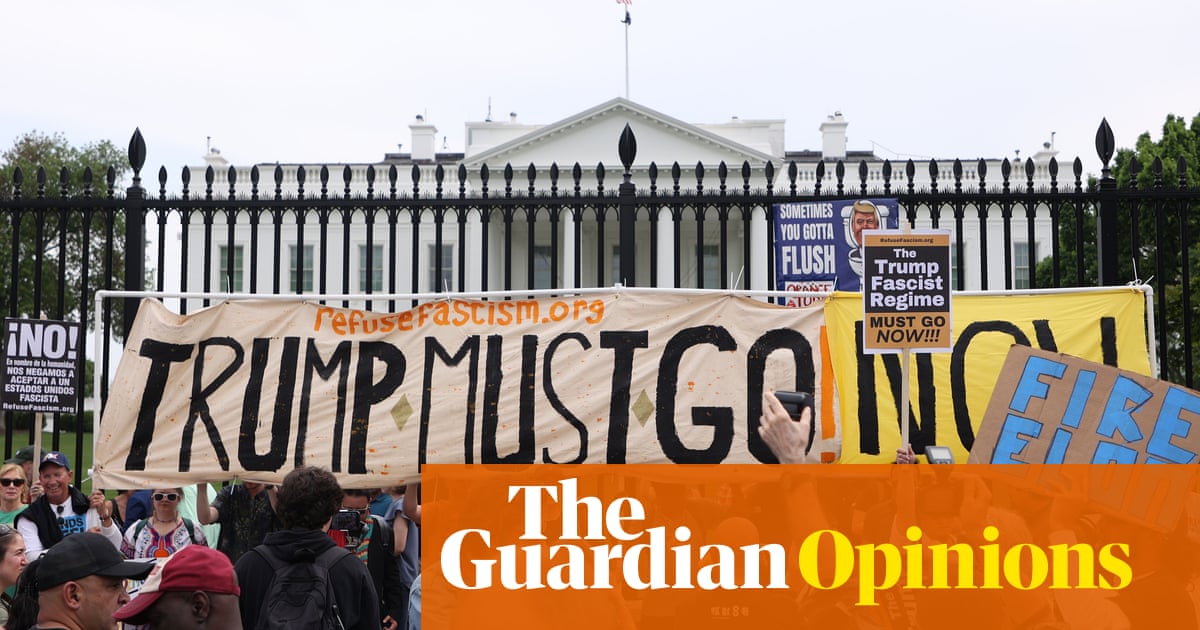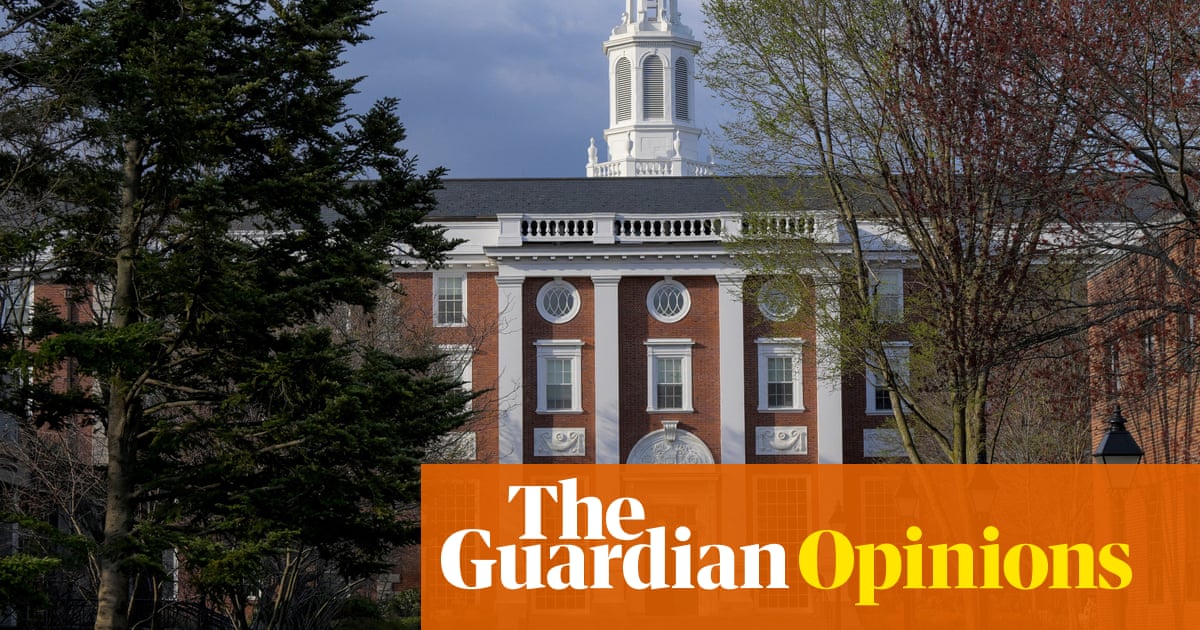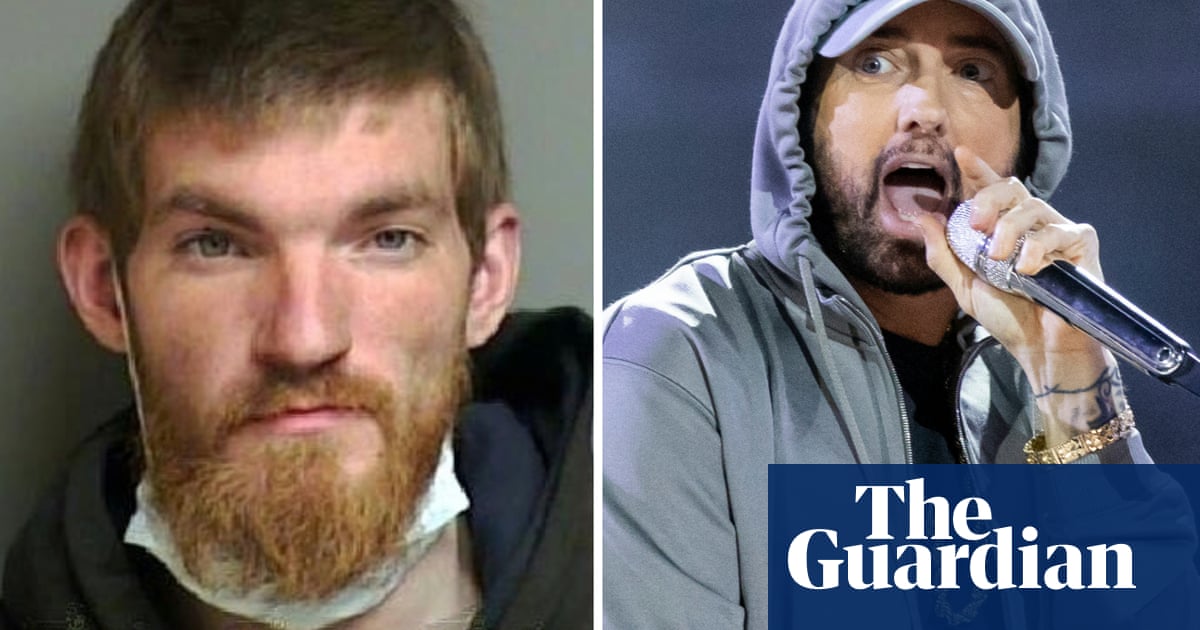By New Orleans Catholic archbishop Gregory Aymond’s own admission, the past week has been “tumultuous, to say the least” – for him and the city’s bankrupt church, which became engulfed in twin controversies involving emails with leaders of two pro sports franchises as well as a feud with ousted directors of an affiliated food bank.
Aymond on 30 January set off a firestorm by firing the longtime chief executive officer and top governing board members at the Second Harvest of Greater New Orleans and Acadiana food bank. The ousted food bank leaders said they were removed because they refused to bow to “pressure placed on Second Harvest to contribute as much as $16m toward helping to resolve victims’ claims” of child molestation by clergy which are at the center of a pending federal bankruptcy protection case that the church filed in 2020.
Then, on Monday, the Guardian, its reporting partner WWL Louisiana, the Associated Press and the New York Times reported on copies of hundreds of emails the four news outlets exclusively obtained.
The emails by top brass of the NFL’s New Orleans Saints and NBA’s Pelicans showed the teams’ owner, devout Catholic Gayle Benson, and team executives were far more involved in helping Aymond spin media coverage of the clergy abuse scandal that precipitated the bankruptcy than the teams and church had previously acknowledged. And, though NFL commissioner Roger Goodell suggested he was unconcerned about the communications, many fans of the teams as well as advocates of clergy-abuse survivors have expressed disgust about the ball clubs’ involvement.
Aymond declined requests for interviews about the pair of controversies. And a church spokesperson told the WWL Louisiana reporter covering both stories that the archbishop would never again sit down with the journalist for an interview.
Instead, Aymond’s archdiocese has made statements saying the media have misconstrued the nature of the emails involving the church, Saints and Pelicans. And he also released a video-recorded statement primarily seeking to address aspects of the spat with Second Harvest – although its main assertion has drawn a strong challenge by the former food bank board members.
Aymond’s central contention in the video was that the leadership of Second Harvest had refused to sign what is known as a “tolling agreement” to protect them and other church-controlled entities from being sued while the archdiocese tries to settle hundreds of child molestation claims under its bankruptcy.
“The deadline to execute this agreement was January 31, 2025,” Aymond said in the video. “This is why the very difficult decision to transition leadership was made.”
But court records filed in the bankruptcy case show the current tolling agreement, protecting Second Harvest and the church affiliates during settlement negotiations, runs through 1 May 2025, which is the five-year anniversary of the bankruptcy.
Nick Karl, a former chair of the Second Harvest board who has supported and served at the non-profit since 2008, called the archbishop’s statements in the video “unfortunate”.
Karl said the fired executive board members – whom Aymond subsequently replaced – supported extending the tolling agreement. He said the fired CEO, Natalie Jayroe, was planning on signing the extension well before the 1 May deadline.
The archdiocese has approached more than 100 affiliates – or “apostolates” – about signing a so-called channeling injunction, which protects those entities from being sued separately from the archdiocese and creates a combined fund for paying claims. Karl said he and the other ousted food bank leaders would have considered signing it, as long as Aymond agreed to remove himself as the sole corporate member of Second Harvest.
Under the ousted leaders, Second Harvest had separate legal representation from the other apostolates in the church’s bankruptcy case. Karl said having the archbishop of New Orleans as the sole corporate member of a non-profit that covers 23 south Louisiana parishes – which is the state’s word for counties – from the Texas border to the Mississippi state line makes little sense when the archdiocese only covers eight parishes in the south-east corner of the state.
In his recorded statement, Aymond said he came to accept the idea of divesting his control of Second Harvest. But “a legal separation would include Second Harvest purchasing the assets that are controlled by the sole member”, he said.
That’s where the $16m figure was proposed, Karl said. And he said that contracts Second Harvest has with its donors – including a $25m grant from billionaire and novelist MacKenzie Scott’s foundation – prevent the money from going to any purpose outside the food bank’s mission of feeding the hungry.
after newsletter promotion
However, Second Harvest’s public financial report filed on 30 December shows it had $85m in net assets as of 30 June 2024, $55.9m of which had no donor restrictions.
Aymond said in the recorded statement that he regretted that negotiations with Second Harvest had devolved.
“The characterizations of the archdiocese as stealing money from the hungry are completely false,” he said. “The most difficult part of this is that it may have been preventable if the parties, including myself, would have put aside our pride and negotiated in good faith without threats of litigation.”
But at the end of the week came a new revelation suggesting any “negotiating” would have been merely for show. As the sole corporate member of Second Harvest, the archbishop of New Orleans already had the power to hire and fire the food bank CEO and members of the non-profit’s board of directors.
A day before Aymond fired the leaders, he used his unilateral powers to amend Second Harvest’s governing documents to give himself even more power. On 29 January, he signed amendments giving himself the right to fire the CEO “with or without cause” and appoint new leaders to board committees.
He also gave himself new power to hire and fire any professionals working for the food bank, unilaterally execute all legal agreements for the corporation and even dissolve the corporation, leaving some board members feeling as if they were losing any power to negotiate the amount of money the non-profit would have to pay to be free of Aymond’s control.
Even the modicum of decision-making authority the board appeared to have over its own leadership now appears to be moot. Until recently, Second Harvest’s corporate bylaws said: “The Chair is elected by the Board of Directors. All Officers of the corporation other than the President/Chief Executive Officer (CEO) shall be elected by the Board of Directors.”
But at an emergency board meeting on Wednesday, the directors learned Aymond had named a new chair, vice-chair and executive committee member without the board voting. That reportedly prompted one director to ask: “Why are we here?”

 2 months ago
43
2 months ago
43
